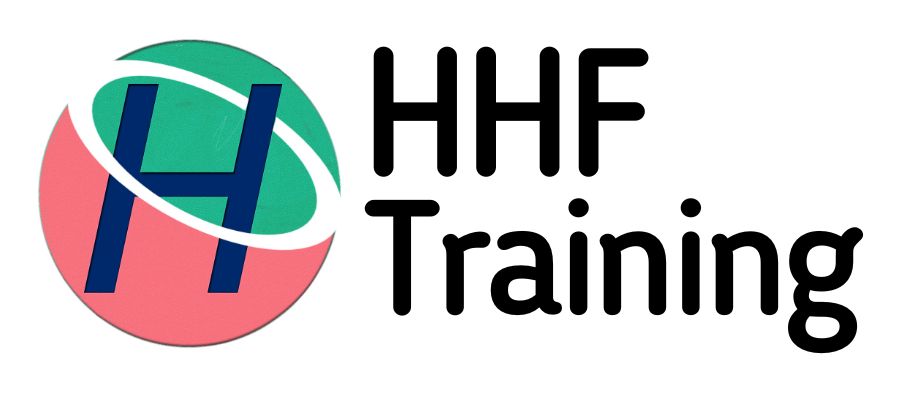Level 3 Certificate in Logistics Operations (RQF)
The Level 3 Certificate in Logistics Operations (RQF) is designed to provide learners with the essential skills and knowledge needed to excel in the logistics industry. This qualification focuses on critical areas such as resource optimisation, team management, health and safety, and the effective use of technology in logistics operations.
Whether you are currently working in the logistics sector or looking to transition into this dynamic field, this qualification equips you with practical competencies that can be directly applied in the workplace. The course prepares learners for a range of roles within logistics operations, including optimising resources, coordinating transportation using multiple modes, and enhancing customer service.
Age Range and Restrictions:
- 16 – 18: ✓
- 19+: ✓
Entry Requirements
There is no entry requirement, but learners interested in this qualification would benefit from having previously attained a Level 2 qualification. While it is advantageous to have a Level 2 in Functional Skills Maths and English, relevant work experience and other academic studies may also be considered for entry.
Units to Complete
| Unit Name | Credits |
| Health, Safety, and Security at Work |
3 |
| Optimise the Use of Logistics Resources |
3 |
| Make an Effective Contribution to a Business in the Logistics Sector |
3 |
| Allocate and Check Work in Your Team in Logistics Operations |
3 |
| Apply Technology in Logistics Operations |
4 |
| Arrange the Transportation of Goods Using Multiple Transport Modes |
3 |
| Contribute to the Provision of Customer Service in Logistics Operations |
3 |
Qualification/Skill Level
The Level 3 Certificate in Logistics Operations (RQF) provides learners with the essential skills and knowledge required to work effectively within logistics operations. This qualification focuses on optimising logistics resources, ensuring safety and security, applying technology, and contributing to customer service in logistics operations.
Learning Outcomes
Upon successful completion of the course, participants will:
- Understand health, safety, and security protocols within logistics operations.
- Learn how to optimise the use of resources and technology to enhance logistics efficiency.
- Develop skills to contribute effectively to business operations in the logistics sector.
- Gain experience in team management and the allocation of work in logistics operations.
- Understand how to arrange the transportation of goods using multiple transport modes.
- Improve customer service delivery within logistics operations.
Awarding Organisation
This qualification is awarded by an OFQUAL–approved national awarding organisation, ensuring its recognition across the logistics industry.
Reasons to Choose Us
- Our expert trainers hold relevant qualifications, including QTLS status, and have extensive experience delivering training in the lifelong learning sector.
- We provide comprehensive support to all learners, including responsive email assistance and WhatsApp support during office hours.
Course Duration and Support
Participants have 4 months from the payment date to complete the course, with an option to finish earlier if desired. We offer ongoing email support with a 24-hour response time and WhatsApp support during office hours (9 am to 6 pm, Monday to Saturday).
Delivery Methods
The course is delivered online, allowing learners to study at their own pace.
Assessment Methods
Learners will be required to complete a portfolio of evidence that will be assessed and marked by the education provider and externally quality assured by the awarding body. Candidates must demonstrate that they possess the required knowledge, skills, and understanding of the assessment criteria.
Evidence types may include:
- Observation of performance
- Written or oral questioning
- Practical activities
- Photographs or videos
- Personal statements
- Project work
- Witness testimonies
- Group discussions
- Recognition of prior learning
All assessment practices will reflect the Equality and Diversity Policy of the Awarding body.
★ Certificate Delivery Information
Upon successful completion of the qualification, printed certificates will be posted free of charge to UK addresses.
International learners are responsible for paying all courier charges, plus a 15% service and bank transaction fee to cover processing and handling. These fees must be settled before the certificate is dispatched.
